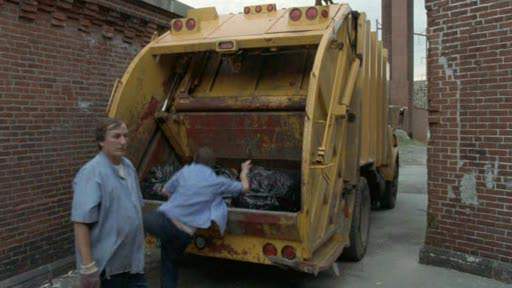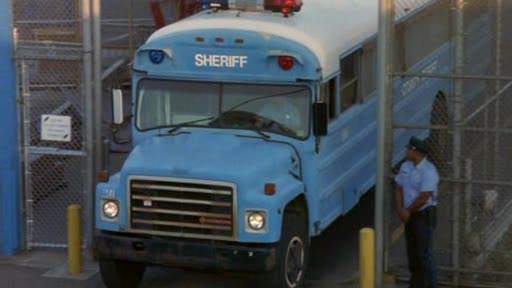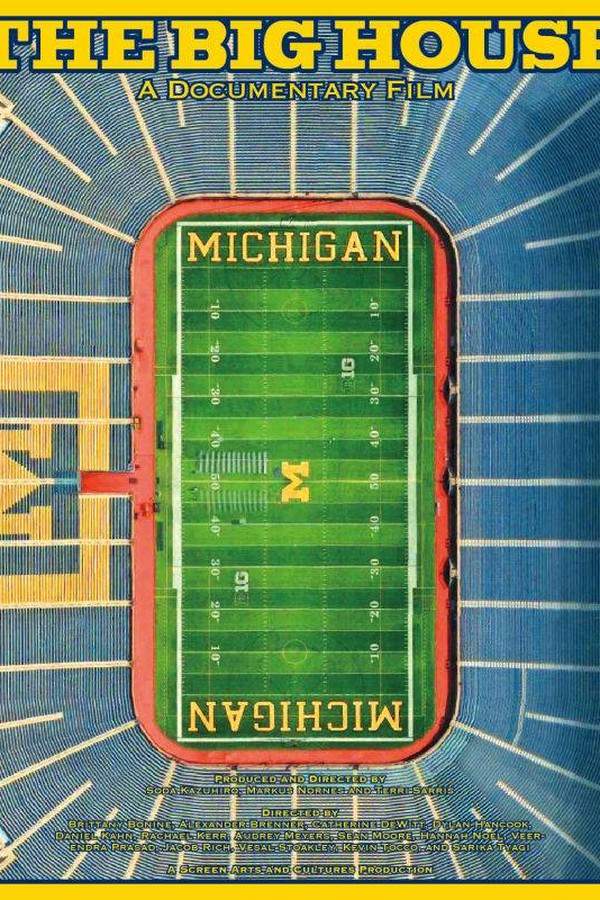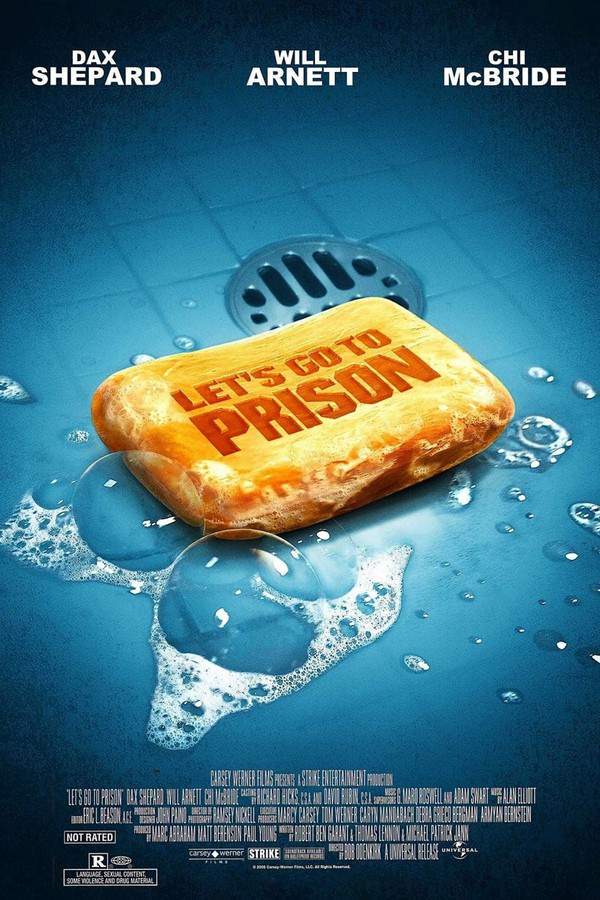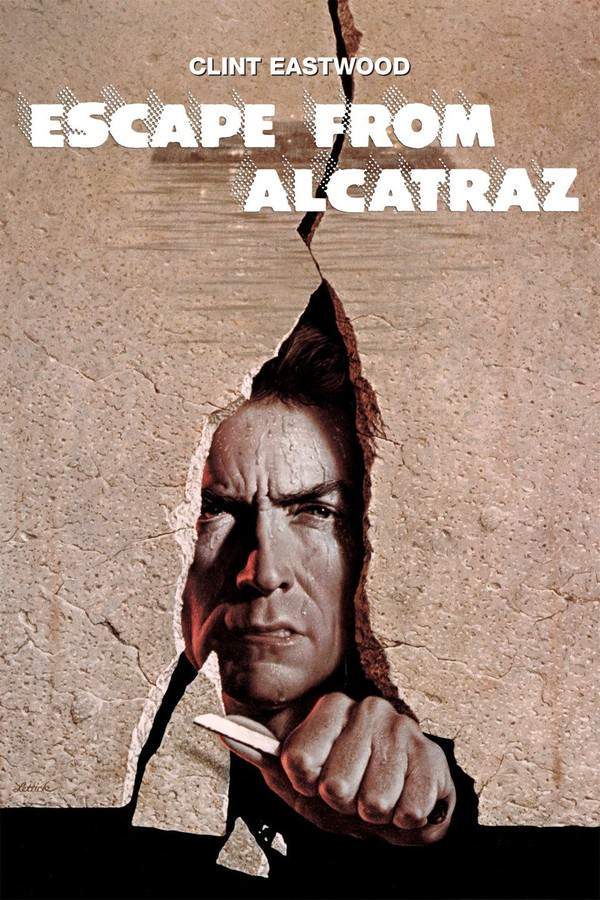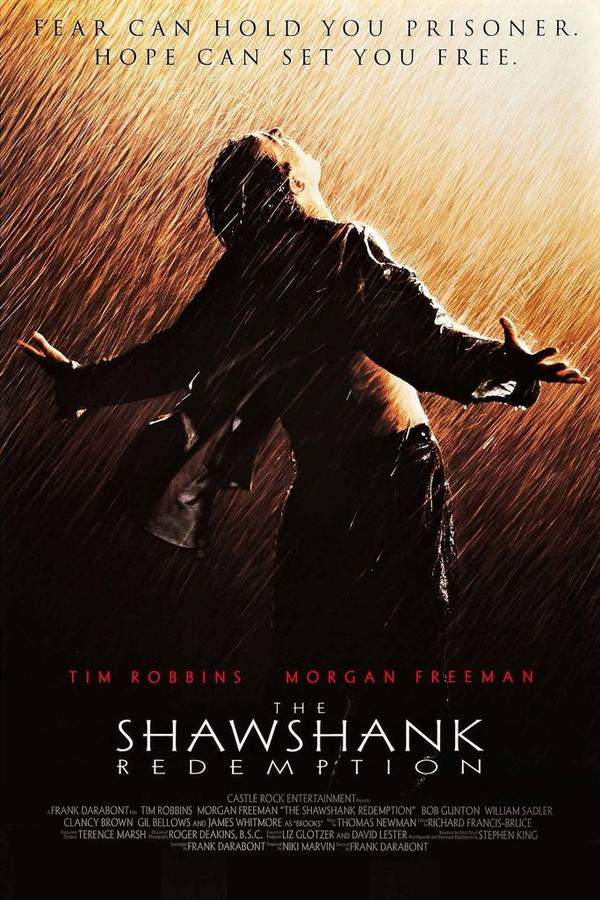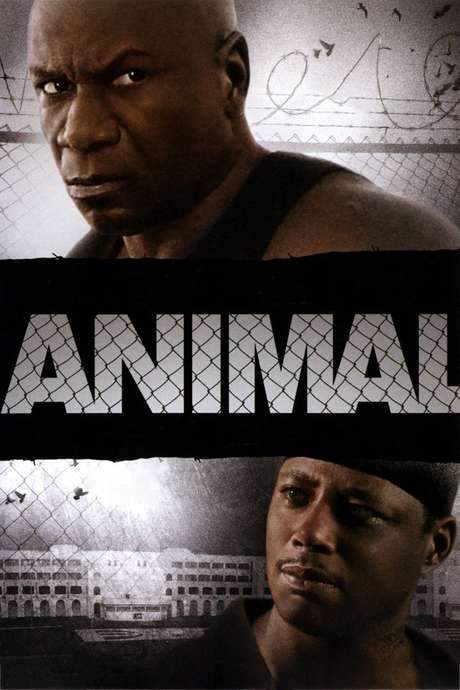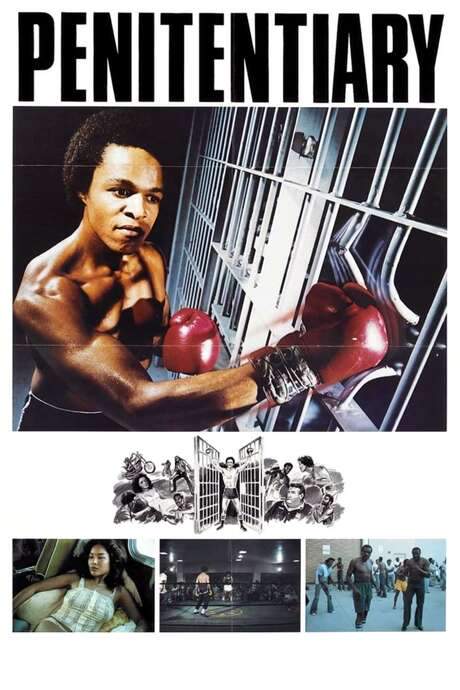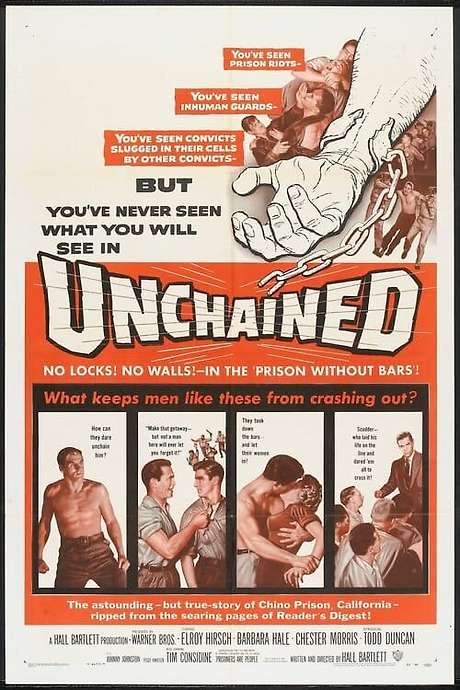Animal Factory 2000
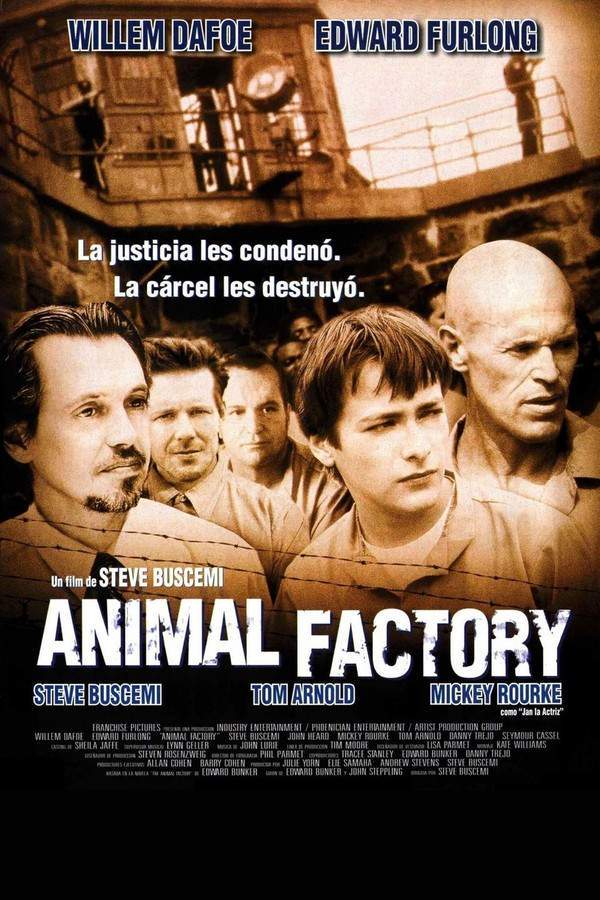
Wrongfully accused of drug dealing, privileged suburbanite Ron is sentenced to San Quentin State Prison, where he must quickly adapt to a brutal and dangerous environment. Facing threats from predatory inmates, Ron struggles to survive until he finds an unexpected mentor in Earl, a seasoned prisoner who offers guidance and support. Through this unlikely connection, Ron confronts his fears, discovers a sense of purpose, and learns valuable lessons about resilience and belonging within the confines of the prison walls.
Does Animal Factory have end credit scenes?
No!
Animal Factory does not have end credit scenes. You can leave when the credits roll.
Meet the Full Cast and Actors of Animal Factory
Explore the complete cast of Animal Factory, including both lead and supporting actors. Learn who plays each character, discover their past roles and achievements, and find out what makes this ensemble cast stand out in the world of film and television.
No actors found
External Links and Streaming Options
Discover where to watch Animal Factory online, including streaming platforms, rental options, and official sources. Compare reviews, ratings, and in-depth movie information across sites like IMDb, TMDb, Wikipedia or Rotten Tomatoes.
Ratings and Reviews for Animal Factory
See how Animal Factory is rated across major platforms like IMDb, Metacritic, and TMDb. Compare audience scores and critic reviews to understand where Animal Factory stands among top-rated movies in its genre.

65
Metascore
6.9
User Score


83%
TOMATOMETER

59%
User Score

6.6 /10
IMDb Rating

64
%
User Score
Take the Ultimate Animal Factory Movie Quiz
Challenge your knowledge of Animal Factory with this fun and interactive movie quiz. Test yourself on key plot points, iconic characters, hidden details, and memorable moments to see how well you really know the film.
Animal Factory Quiz: Test your knowledge about the film 'Animal Factory' and its themes of survival and friendship within the penal system.
What crime is Ron Decker imprisoned for?
violent robbery
non-violent drug offense
assault
theft
Show hint
Full Plot Summary and Ending Explained for Animal Factory
Read the complete plot summary of Animal Factory, including all major events, twists, and the full ending explained in detail. Explore key characters, themes, hidden meanings, and everything you need to understand the story from beginning to end.
As Ron Decker, a young man wrongfully imprisoned for a minor drug offense, struggles to navigate the perilous world of the penal system, he unexpectedly finds guidance in Earl Copen, a seasoned inmate with a sharp instinct for survival and a talent for mentorship. When three vicious attackers try to lure Decker into a dangerous cell block, Copen steps in, cleverly using his charm and quick thinking to diffuse the tense situation, sending the threats packing.
In the days that follow, Copen becomes a kind of guardian angel for Decker, securing him more favorable living conditions, improved food options, and even orchestrating a transfer to his own cell block. Leveraging a loophole in recent legislation, he fabricates false reports and shares wise tips that enable Decker to appear less menacing to the authorities, thereby bolstering his hopes for a potential sentence reduction. However, this glimmer of hope is abruptly extinguished when a brutal attack by Buck Rowan, a massive inmate with no regard for others, leaves Decker feeling vulnerable and shaken.
Following this violent encounter, Copen assists Decker in crafting a narrative that shifts the blame onto Rowan. Unfortunately, their efforts to manipulate the justice system ultimately yield little success, as a judge denies Decker’s request for a reduced sentence, enforcing the completion of his five-year term. Simultaneously, Copen devises a masterful plan for retribution against Rowan, collaborating with an unwitting infirmary worker to poison the IV fluids and eliminate the threat of the would-be informant permanently.
As both Decker and Copen anticipate their release from the confinement of prison life, they develop an audacious escape strategy. Under the cloak of night, they plan to slip into a garbage truck, cleverly employing a sturdy bar to shield themselves from the clutches of the compactor. Decker takes the bold step of executing the plan, successfully fleeing to Costa Rica while leaving Copen to face his own perilous fate. In that moment, grappling with the weight of his circumstances, Copen chillingly remarks, > “This is my prison, after all,” and hauntingly cites Satan’s legendary assertion from John Milton’s Paradise Lost: > “Better to reign in hell than serve in heaven.”
Uncover the Details: Timeline, Characters, Themes, and Beyond!

Coming soon on iOS and Android
The Plot Explained Mobile App
From blockbusters to hidden gems — dive into movie stories anytime, anywhere. Save your favorites, discover plots faster, and never miss a twist again.
Sign up to be the first to know when we launch. Your email stays private — always.
Watch Trailers, Clips & Behind-the-Scenes for Animal Factory
Watch official trailers, exclusive clips, cast interviews, and behind-the-scenes footage from Animal Factory. Dive deeper into the making of the film, its standout moments, and key production insights.
Cars Featured in Animal Factory
Explore all cars featured in Animal Factory, including their makes, models, scenes they appear in, and their significance to the plot. A must-read for car enthusiasts and movie buffs alike.
Animal Factory Themes and Keywords
Discover the central themes, ideas, and keywords that define the movie’s story, tone, and message. Analyze the film’s deeper meanings, genre influences, and recurring concepts.
Animal Factory Other Names and Titles
Explore the various alternative titles, translations, and other names used for Animal Factory across different regions and languages. Understand how the film is marketed and recognized worldwide.
Similar Movies To Animal Factory You Should Know About
Browse a curated list of movies similar in genre, tone, characters, or story structure. Discover new titles like the one you're watching, perfect for fans of related plots, vibes, or cinematic styles.
Quick Links: Summary, Cast, Ratings, More

What's After the Movie?
Not sure whether to stay after the credits? Find out!
Explore Our Movie Platform
New Movie Releases (2025)
Famous Movie Actors
Top Film Production Studios
Movie Plot Summaries & Endings
Major Movie Awards & Winners
Best Concert Films & Music Documentaries
Movie Collections and Curated Lists
© 2025 What's After the Movie. All rights reserved.













